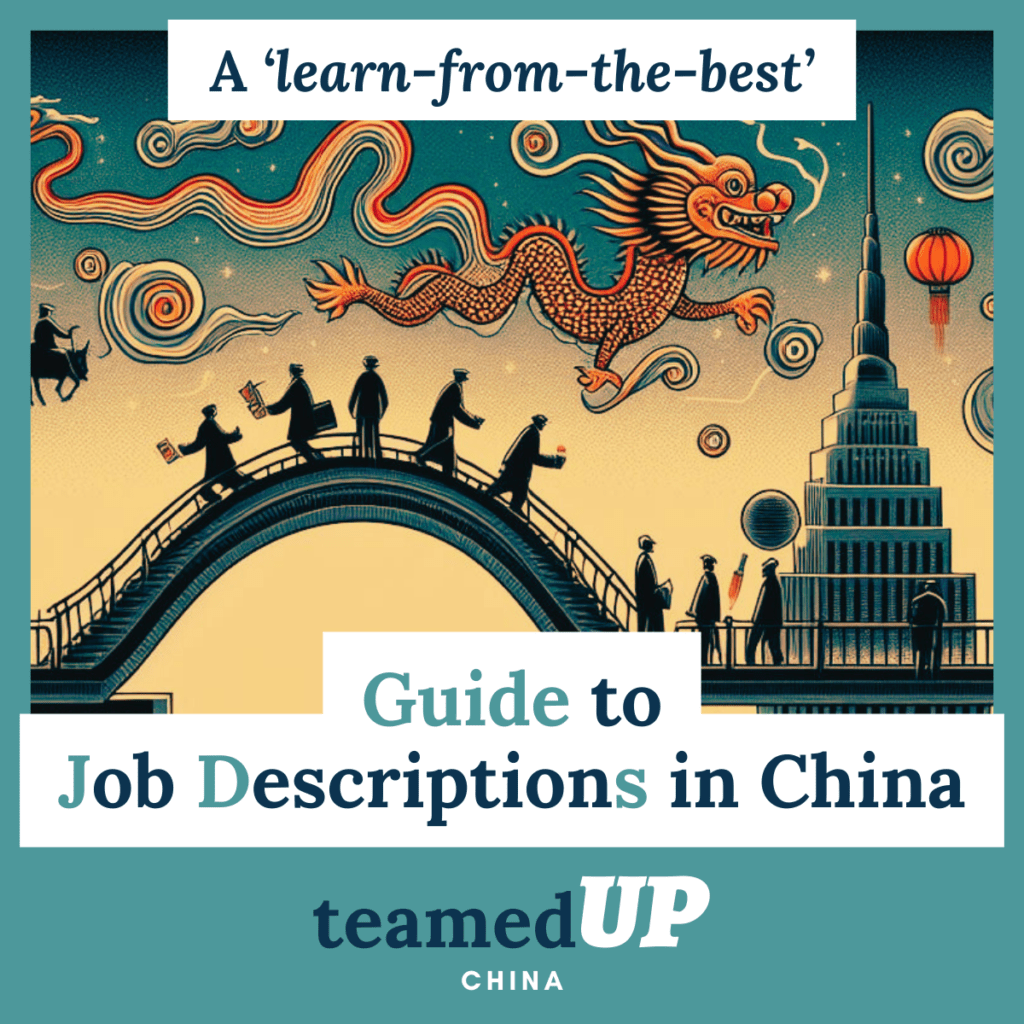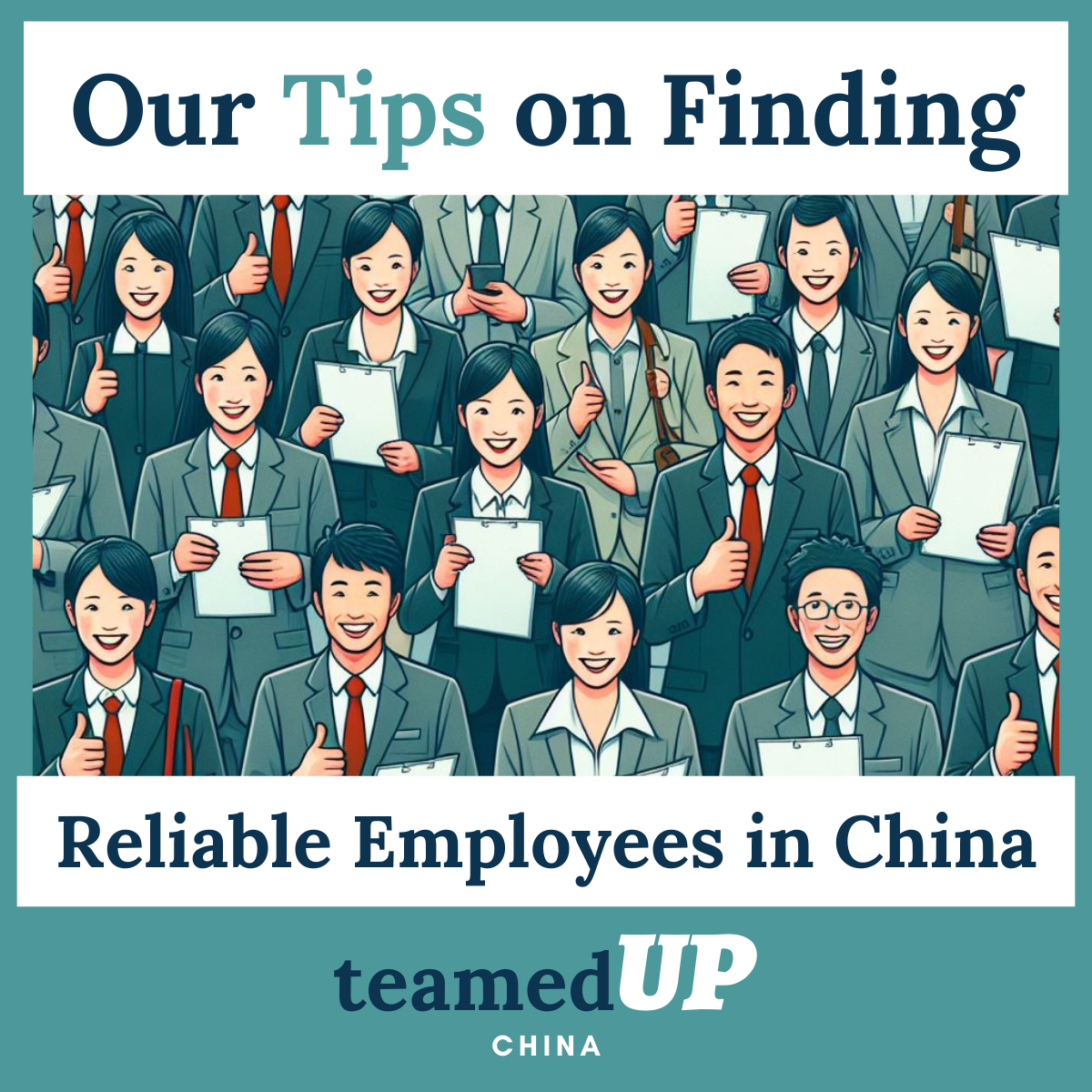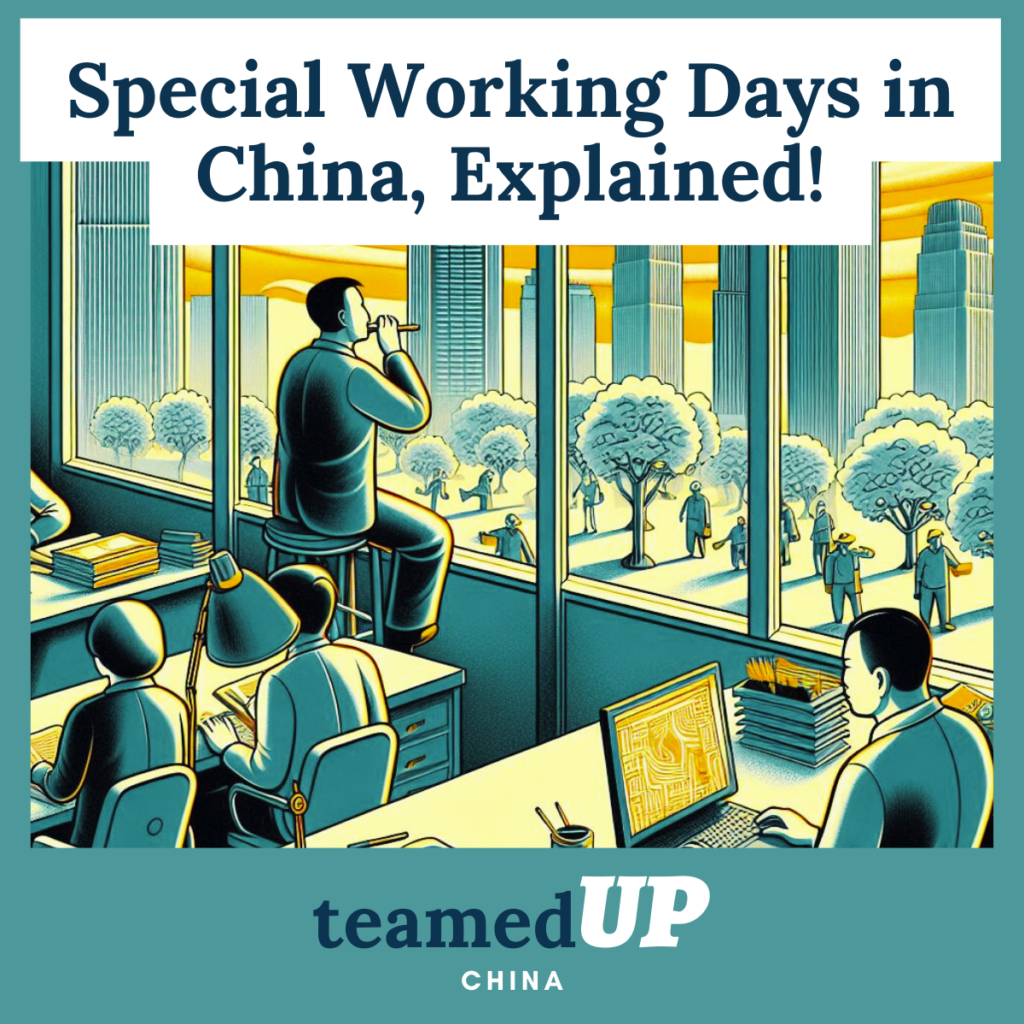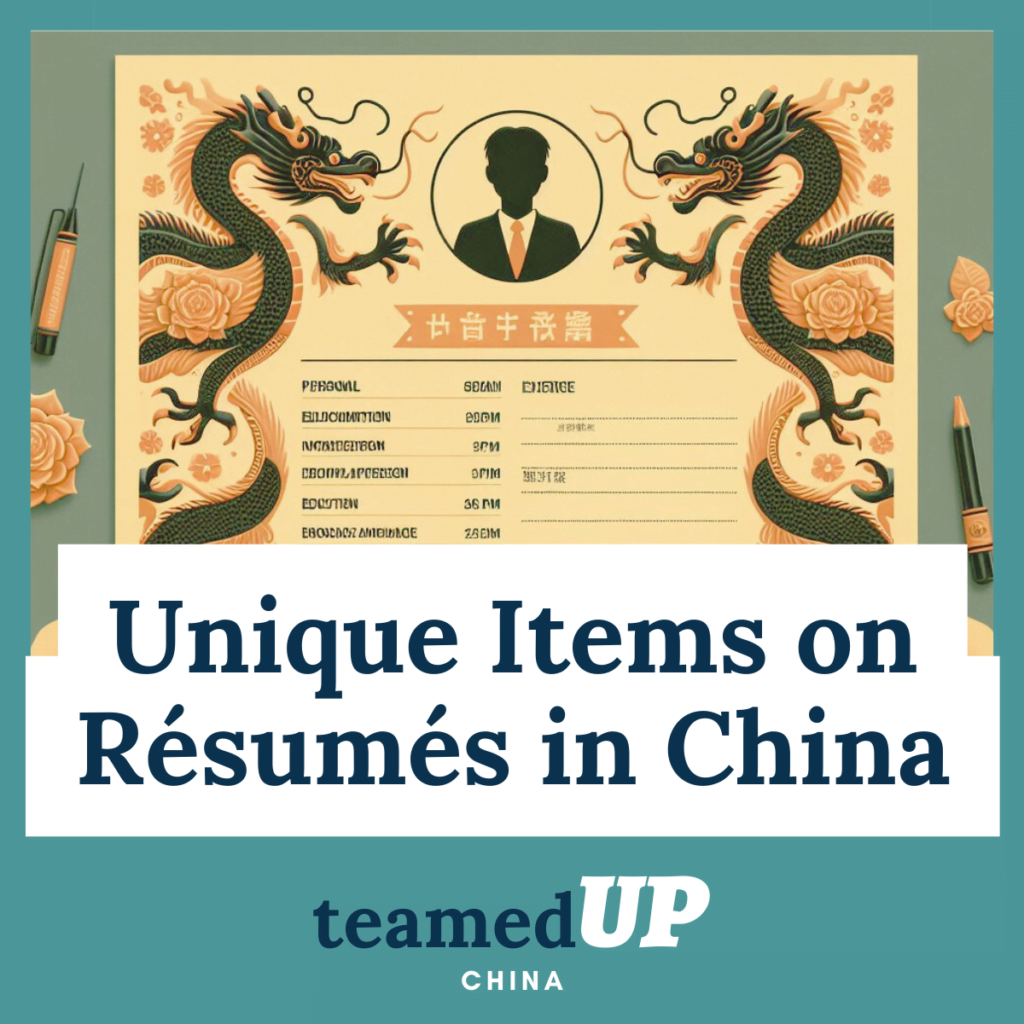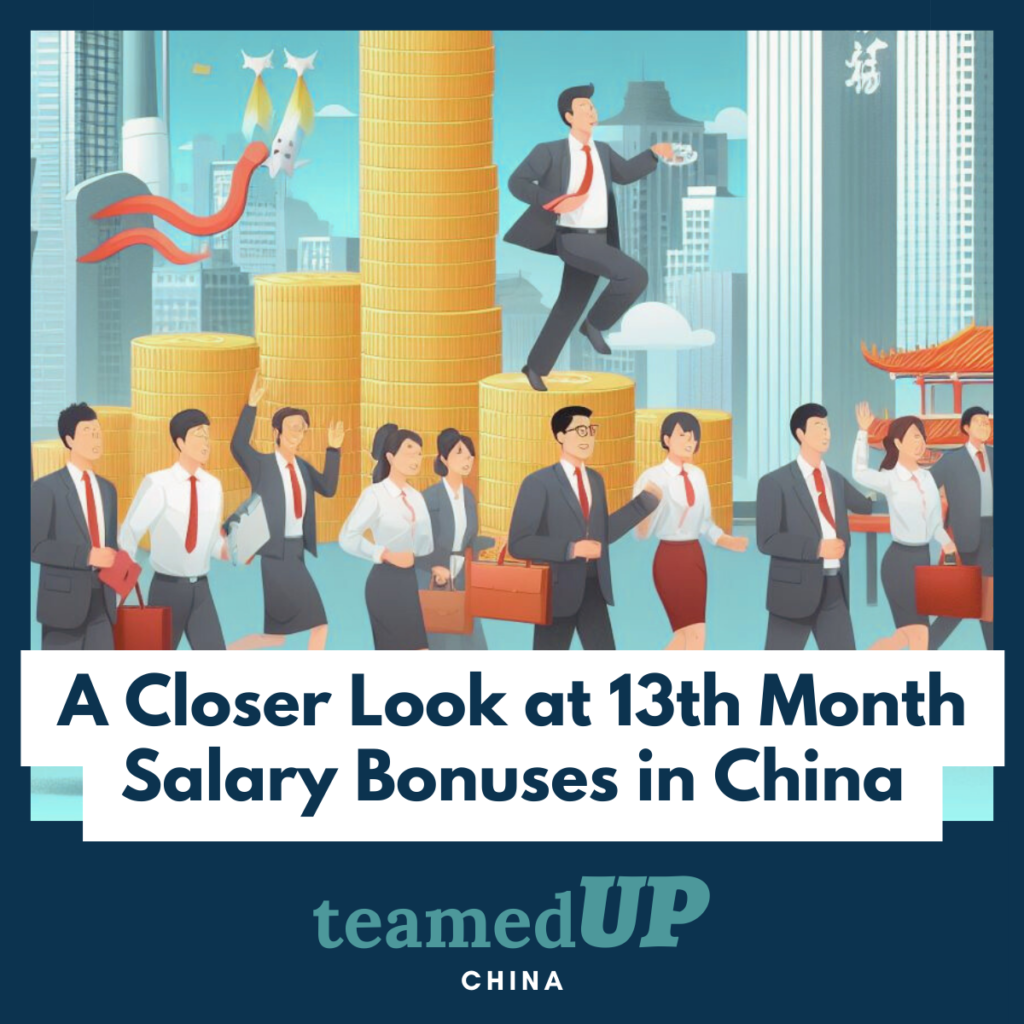The State of E-commerce Jobs, Careers, and Salaries in China (2025)
A definitive guide for companies navigating China’s dynamic e-commerce talent landscape Executive Summary Dive into the world’s most formidable digital marketplace: China’s e-commerce sector. This report deciphers the immense opportunities and significant complexities facing international companies, offering a comprehensive analysis of current and future e-commerce jobs, careers, and salaries.[1], [2] The market’s expansion, while maturing from its historical peaks, continues unabated, fueled by remarkable digital adoption, sophisticated payment infrastructures, and groundbreaking models like social and live-streaming commerce.[3] Dynamic segments such as live commerce, cross-border e-commerce (CBEC), and B2B e-commerce are exhibiting particularly robust growth.[4] The competitive arena is dominated by established titans like Alibaba and JD.com, yet constantly challenged by disruptive forces such as Pinduoduo and the meteoric rise of social/live commerce platforms like Douyin and Kuaishou.[5] This fierce competition plays out against an evolving regulatory backdrop, featuring heightened scrutiny on anti-monopoly practices and data privacy under the Personal Information Protection Law (PIPL).[6] Successfully navigating this landscape demands deep local expertise and strategic agility.[7] Talent remains the cornerstone of success. There’s persistent high demand for professionals skilled in digital marketing, platform operations (especially for Tmall, JD, Douyin), data analytics, AI and machine learning, cross-border operations, and live-stream management.[8] Salaries are competitive but vary significantly based on experience, location (with Tier 1 cities and Hangzhou commanding premiums), company type (MNCs often paying more), and specialized skills.[9] While overall salary increases might moderate with economic shifts, the intense competition for niche talent is driving substantial pay increments for those in high-demand roles.[10] Looking ahead, the future of e-commerce work in China will be profoundly shaped by: Deepening AI integration The potential emergence of immersive metaverse experiences The continued evolution of social and live commerce Ongoing automation impacting roles in logistics and beyond A growing emphasis on sustainability[11] For professionals, continuous learning, adaptability, and the development of hybrid skillsets (combining technical depth with strong soft skills) are not just beneficial, but imperative.[12] For international companies, strategic success hinges on developing localized expertise, adopting multi-platform and omnichannel strategies, investing heavily in technology and compliance, and implementing robust, market-tailored talent acquisition, development, and retention programs.[13] Ultimately, thriving in China’s e-commerce sector depends on adeptly navigating the intricate interplay of market dynamics, technological innovation, regulatory constraints, and human capital.[14] Hiring in China? We can help. Post open roles across China’s top job sites, classifieds, and networking platforms — lower hiring costs by over 80%. Edit Template Introduction China’s e-commerce sector is more than just a market; it’s a global phenomenon that dictates trends and influences digital commerce worldwide, accounting for nearly half of all global e-commerce transactions.[15] Its immense scale is paralleled only by its dynamism, characterized by lightning-fast innovation cycles, a deeply embedded mobile-first consumer culture, and the constant emergence of novel business models that seamlessly blend shopping with entertainment and social interaction.[3], [15] This report serves as a definitive guide for international companies striving to understand and navigate the multifaceted e-commerce talent market in China. It delves into the critical aspects of jobs, career pathways, salary benchmarks, essential skills, and the future trends shaping this vibrant sector.[16], [17] The goal is to arm business leaders and HR professionals with the actionable intelligence required to build triumphant teams and operations in this unique ecosystem. The Chinese e-commerce landscape is distinguished by several unique traits. Innovations such as: AI-driven hyper-personalization The meteoric ascent of live-streaming commerce The profound integration of social commerce The development of “New Retail” models merging online and offline experiences These are not distant concepts but present-day realities.[3], [18] Platform competition is exceptionally fierce, involving established giants, disruptive challengers, and specialized niche players.[5] Furthermore, the sector operates within a complex and actively evolving regulatory framework, particularly concerning anti-monopoly enforcement and data privacy, adding yet another layer of complexity.[7], [18] Grasping these nuances is paramount for any organization aiming to compete effectively. 1. China’s E-commerce Market Landscape: Scale, Segments, and Platforms 1.1. Unprecedented Market Scale and Growth Dynamics China’s undisputed global leadership in e-commerce remains secure, a result of its vast population, high digital penetration, and advanced infrastructure.[1], [19] The market’s sheer size is staggering. In 2024, online retail sales (primarily physical goods sold via internet platforms) soared to 15.23 trillion yuan (approximately $2.14 trillion USD), marking a 7.2% year-on-year increase.[20] While estimates for the total market size vary due to differing methodologies (e.g., IBISWorld’s $2.8 trillion “Online Shopping” industry revenue for 2024[21] vs. Mordor Intelligence’s $1.57 trillion projection for 2025[22]), the upward trajectory is clear. Although headline growth rates might seem moderate compared to previous explosive expansions (e.g., China’s projected retail e-commerce CAGR of 9.97% for 2024-2028[15]), the absolute growth in monetary terms remains immense. A projected 10.07% CAGR between 2025 and 2030 is anticipated to add nearly a trillion dollars to the market, reaching an estimated $2.54 trillion.[22] Crucially, this aggregate view masks the hyper-growth within specific segments. For instance, live commerce revenue is forecast to grow at an astonishing 32.8% CAGR between 2025 and 2030,[23] and B2B e-commerce is also set for significant expansion.[22] E-commerce forms a substantial and growing part of China’s total retail landscape, with online retail penetration potentially exceeding one-third of total retail value, far surpassing the global average.[24], [25] Key drivers underpinning this colossal market include: Digital Penetration: Over 1.09 billion internet users (around 77.5% of the population) as of late 2023 create a massive addressable market.[21], [26] Ubiquitous smartphone ownership is a key enabler of mobile commerce.[4] Rising Affluence: A large and expanding middle class, exceeding 700 million consumers, possesses increasing disposable income and a strong appetite for online shopping.[27], [26] Sophisticated Digital Payments: Systems like Alipay and WeChat Pay are dominant, utilized by approximately 90% of online payment users. Mobile payments are the norm for an overwhelming 88% of consumers, deeply integrated into daily life.[28], [26] Government Support: Initiatives under the “Digital China” strategy, policies favoring cross-border trade, and a national emphasis on innovation actively foster e-commerce development.[2], [29] Evolving Consumer Behavior: Chinese consumers increasingly demand personalized experiences, ultimate convenience, entertainment value (“shoppertainment”), and
The State of E-commerce Jobs, Careers, and Salaries in China (2025) Read More »




